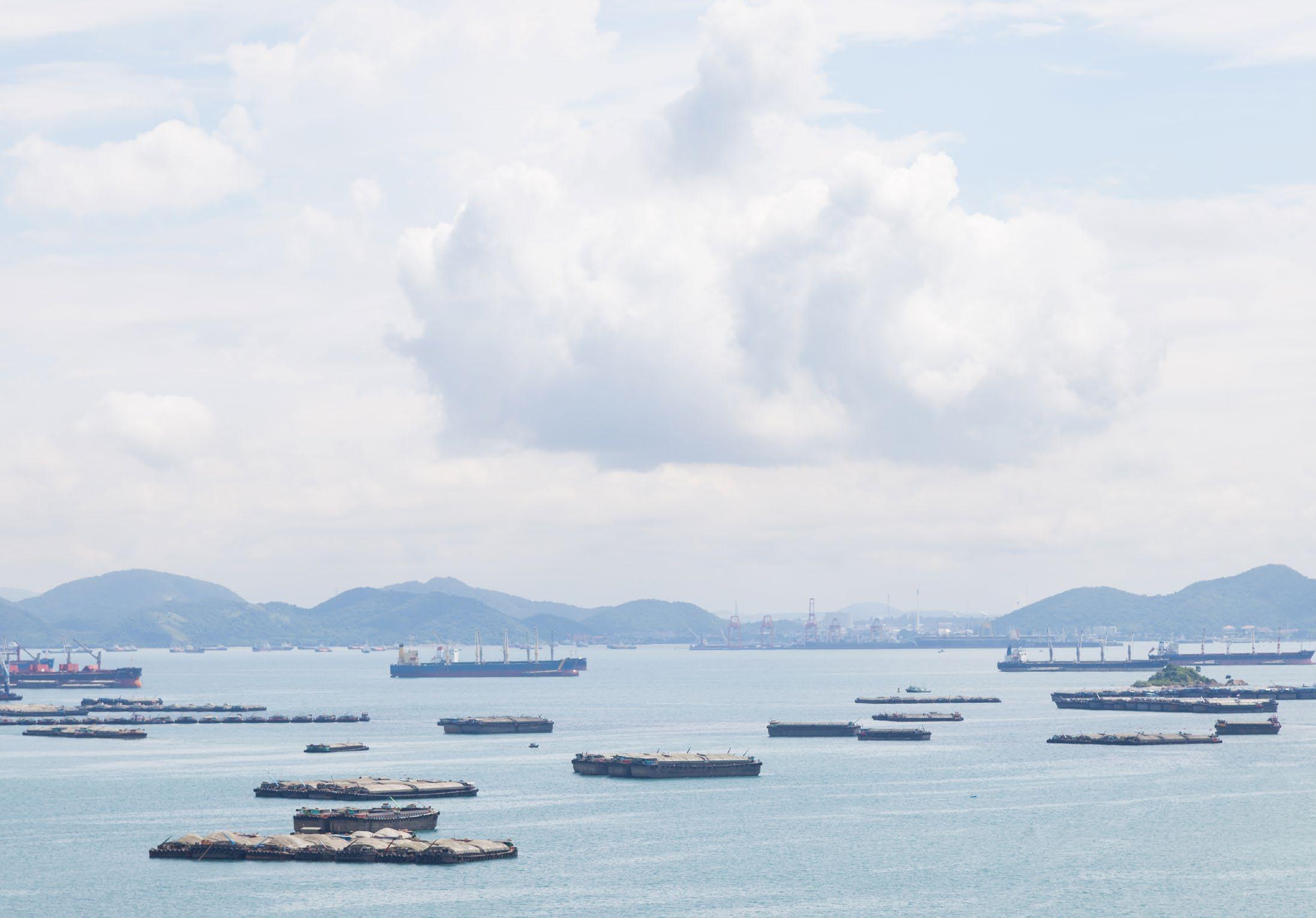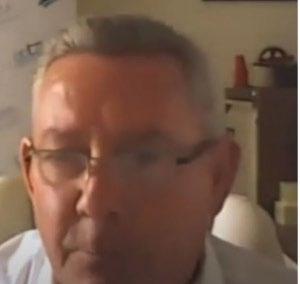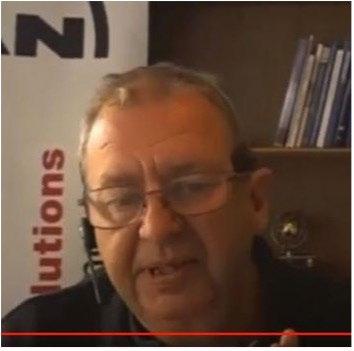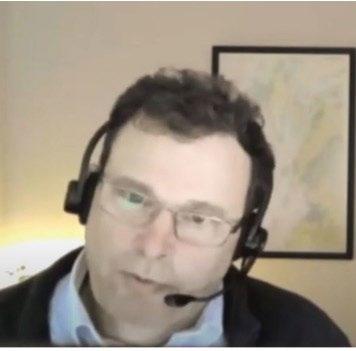
3 minute read
WEBINAR
from CSI Summer 2021
by Maritime-AMC
Industry experts gathered at a recent webinar organised by Clean Shipping International that examined the challenges currently facing the bunkering industry
PROS AND CONS OF LOW-SULPHUR FUEL
Speaking during a recent webinar organised by Clean Shipping International, Sacha Cornell, Fleet Manager, Norbulk Shipping, revealed that using low-sulphur fuel can add as much as $20,000 to the operational expenditure for each ship per annum.
He told the 100-plus participants that logged on to attend CSI Bunkering Challenges 2021: “I would guesstimate that the extra cost for additional sampling, on-board test kits, increased purifier maintenance, supply and installation of cermet piston rings, treatment chemicals, additional filtration equipment is in the region of between $10,000 and $20,000 per ship per annum.”
He said there are numerous cases in which very low sulphur fuel delivered on board contains undesirable substances, resulting in problems relating to fuel stability, storage, handling treatment and processing on board.
Citing one example, Cornell recalled a vessel receiving a batch of very low sulphur fuel in Rotterdam. Ship and barge samples were taken and analysed, with the fuel recording a total sediment reading of point 7.075 — well within the International Organization for Standardization (ISO) parameters.
But after 24 hours’ use, the ship’s purifier and fuel system were blocked, requiring engineers to carry out repetitive cleaning of purifiers and sludge discharge piping every 24 hours.
“Until the vessel had consumed all the bunkers, the crew had no option but to handle the problem on board, which is not a good situation for any engineer or shipowner to be in, especially when you are unable to make a claim against bunker supplier,” he said.
Enhanced testing of the suspect bunker could not identify cause of operational problems and thus there was no basis for a claim against the supplier.
Commenting on Cornell’s presentation, Kjeld Aabo, Director New Technologies, MAN Energy Solutions and Chairman CIMAC





Left to right: Sacha Cornell, Technical Superintendent, Norbulk Shipping; Kjeld Aabo, Director New Technologies, MAN Energy Solutions and Chairman CIMAC Sub-Group WG 7 F – Fuel; Ian Adams, Managing Director, Maritime AMC; Neil Lamerton, Bunker Consultant
Sub-Group WG 7 F – Fuel, said: “It is very sad to hear there still are issues, but it’s definitely not something which is being reported [to CIMAC and ISO].”
While Aabo acknowledged a problem with very low sulphur fuel in early 2020, he claimed that quality had “returned to normal”.
“In the beginning of 2020, we saw quite an increase in cylinder liner scuffing and excessive wear is, of course, not acceptable. By August, we were back to normal,” he said, emphasising the importance of having ceramic coated piston rings to better control wear on the liner surface.
In reference to cat fines, Aabo recalled one instance where 2,000ppm was found in one sample, “but CIMAC and ISO say it is not a big problem today. Ship operators are now used to the procedures and know how to better use the lube oil and the lowsulphur fuel.”
Bunker training and sampling procedures were recurrent themes throughout the webinar, with Cornell explaining that Norbulk had implemented various preventative measures to safeguard against bunkering problems.
TRAINING
“Crew training is vitally important,” said Cornell. “When you talk to some crews about the importance of the sampling process, and how to make sure that the sampling is done well, and is a true representative sample, I find, unfortunately, a lot of times they’re not fully aware of the implications if they do not get it right. There should be more education in this area.”
Bunker consultant Neil Lamerton agreed: “Often the crew on board have no idea of the value of bunkers. Obviously, engineers are very good at using the fuel. But I think some owners and managers can do better at educating them on the commercial aspects of what they’re actually doing.
“They need to know what it means financially to the company if it all goes wrong, not just the technical, operational aspect,” he said.
In summing up, conference chair, Maritime AMC Director and bunker expert, Ian Adams, said: “It is vitally important we continue to train our crews and office staff on how to properly and safely bunker fuel in a post-IMO 2020 environment.” Bunkering Challenges 2021 can be viewed in full at: www.youtube.com/ watch?v=ftsOsH_rmNo










